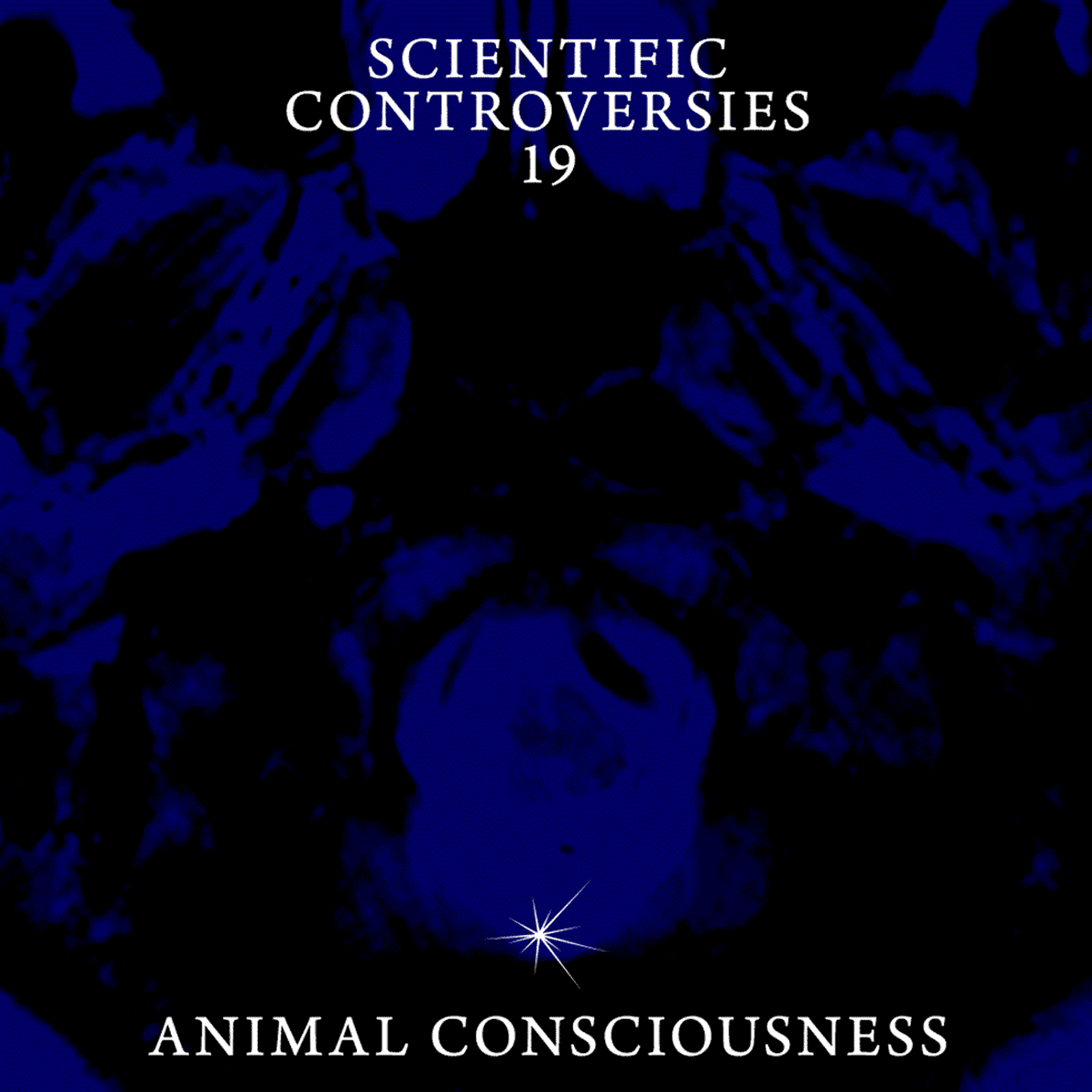
Scientific Controversies
No. 19: Animal Consciousness
What are animals thinking? When in the evolution of animals did attention become thinking become consciousness become self-awareness? Consciousness did not materialize singularly and suddenly with the emergence of human beings. Yet animals are often characterized as reflexive and unthinking. Consider the portrait of power-hungry chimps presumed to be simply aggressive, to pursue dominance above all else in groups shaped by harsh competition, reacting almost mindlessly to instinct. Contrast this caricature with the observations of chimps reconciling after a confrontation. They reach out to each other after seemingly sulking in neighboring trees, meeting in between to hug and kiss. Reconciliation reflects the value placed in their relationships, a desire to mitigate the damage inflicted by conflict. Primates cooperate and console, as do elephants. Some animals demonstrate a sense of fairness, compassion, and empathy. Dolphins admire themselves in mirrors, apparently aware they are looking at their own reflection; that is, they are self-aware. A more balanced appreciation of animal consciousness also forces us to consider the implications for human consciousness and in particular human morality, which seems less an invention of society and more a consequence of evolutionary biology.
Our Director of Sciences, Janna Levin, invites primatologist Professor Frans de Waal and animal psychologist Professor Diana Reiss to challenge our notions on animal consciousness, innate morality, and the imperative for compassion among species.
Frans B.M. de Waal is a professor of primate behavior at Emory University and director of the Living Links: Center for Advanced Study of Ape and Human Evolution at the Yerkes National Primate Research Center. He has received numerous awards and honors for his research on primates and was named one of the World’s One Hundred Most Influential People by Time in 2007. He is author of The Bonobo and the Atheist: In Search of Humanism Among the Primates, Are We Smart Enough to Know How Smart Animals Are?, and Mama’s Last Hug: Animal Emotions and What They Tell Us about Ourselves, among numerous other scholarly articles and books.
Diana Reiss is a professor of psychology at Hunter College and in the graduate program of animal behavior and comparative psychology at the City University of New York. Reiss’ research has focused on cognition and communication in dolphins and other cetaceans. She is the author of The Dolphin in the Mirror: Exploring Dolphin Minds and Saving Dolphin Lives and is known to be one of the world’s leading authorities on dolphin intelligence.
Janna Levin is Chair and Director of Science at Pioneer Works and Professor of Astronomy and Physics at Barnard College of Columbia University.
This project is supported by Science Sandbox, a Simons Foundation initiative dedicated to engaging everyone with the process of science.
